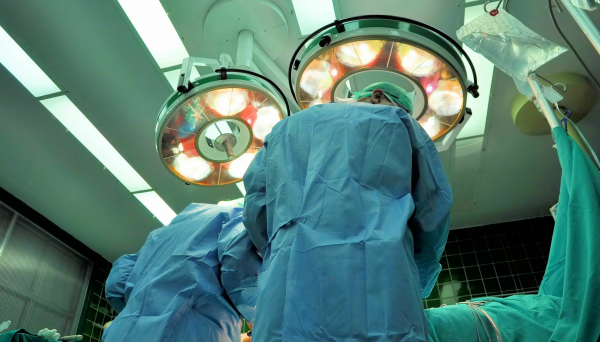The Australian Private Hospitals Association says new data from the Australian Institute of Health and Welfare confirms the sector's importance in addressing the backlog of elective surgery when COVID-19 restrictions ease.
According to the new data, the median wait time for elective surgery has increased by a week during the pandemic, from 41 days to 48 days.
"This is largely because restrictions on elective surgery meant many cases were deferred," it said.
Australian Private Hospitals Association (APHA) CEO Michael Roff said, “When you look at surgeries by category, the increases in median wait time are even more significant. Those waiting for head and neck surgery now wait 112 days, up from 84 pre-COVID, while ophthalmology patients wait 118 days rather than 73, an increase of six and a half weeks.”
Mr Roff continued, “This data illustrates the essential role private hospitals will need to play in helping Australians get the vital surgery they need. Just as private hospitals have helped the public system with the pandemic response, they will be essential to clearing the surgical backlog post-pandemic.
“Without private hospitals picking up the slack, Australians will be waiting a great deal longer to have their surgery – often important for quality of life, like cataract surgery to correct impaired vision or joint replacements to remove pain and improve mobility.”
Mr Roff said restrictions on elective surgery "should not last one day longer than they need to."
“With signs the Omicron wave is plateauing in several states, health departments need to consult with private hospitals about easing restrictions in a safe way, so hospitals are ready to increase surgical capacity to provide much-needed treatment to those Australians who have had surgery deferred.
“When restrictions ease, public hospitals should not be taking in a single privately insured patient until all of their public patients have been treated. It is time to stop them treating public patients as second-class citizens.
“It would be morally reprehensible if public hospitals were to bring in a large number of privately insured patients to take advantage of the even longer wait times Australians have had to deal with, while those who need the public system languish on ever-lengthening waiting lists,” he said.
